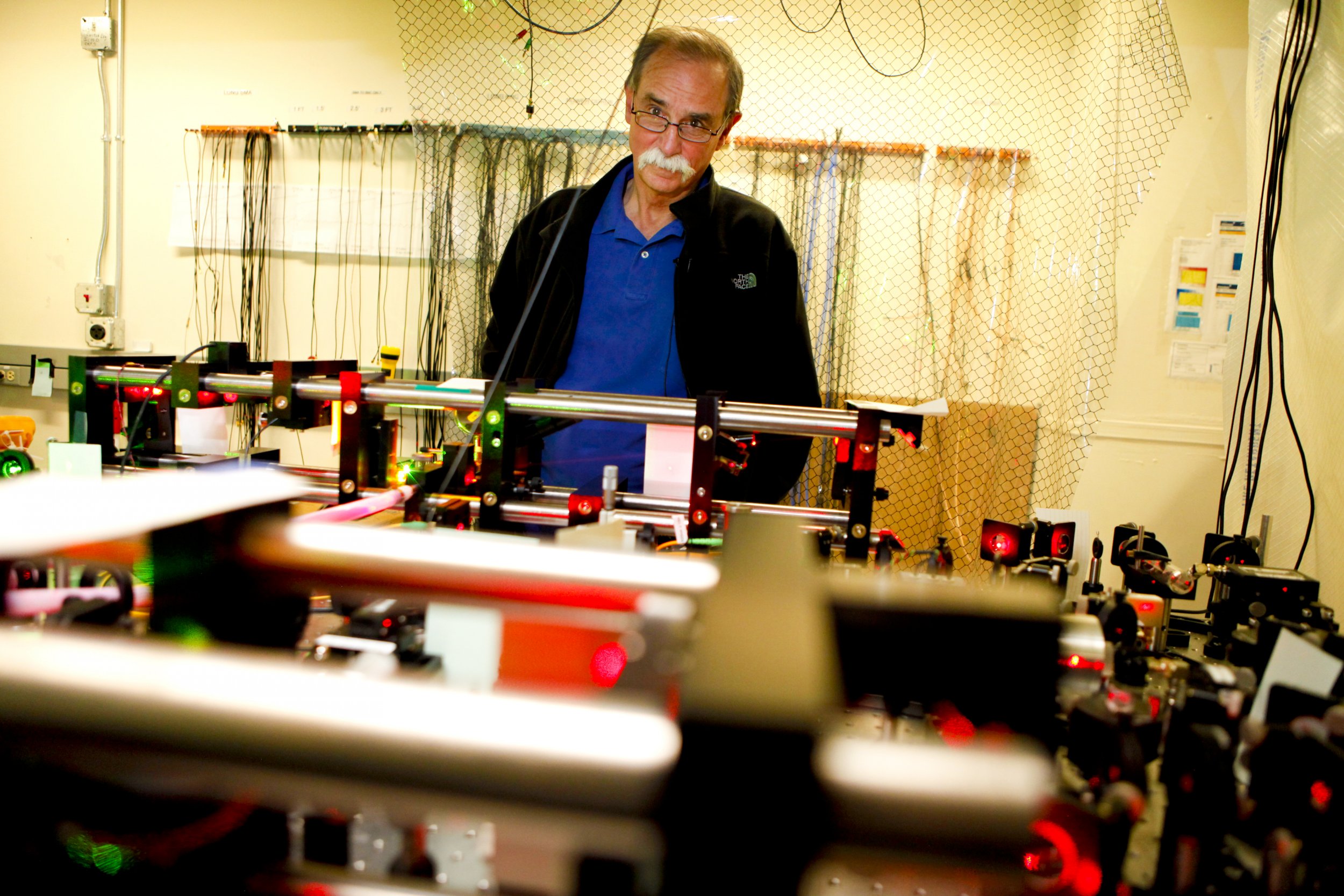
Some of the world's basic units of measurements may soon be updated. The changes—which could affect the ampere, kilogram, kelvin, and mole units—were discussed in Paris at the General Conference on Weights and Measures (CGPM), held October 16-20. But, it may be sometime before any units are redefined.
The next step in the process will happen at the annual CGPM in 2018, when scientists will formally vote on whether the new system should be implemented or not. If approved, the official changes would launch on World Metrology Day in May 2019, "to give metrologists time to adjust to the new values," according to a statement from the National Institute of Standards and Technology (NIST).
The proposed updated values to the metric system, officially called the International System of Units (SI), would allow scientists to collect more precise measurements. Currently, the kilogram is defined by a hefty piece of metal stowed away in a vault in France since the late 1800s. The chunk of metal—officially called the 'International Prototype Kilogram,' but often reffered to as 'Le Grand K'—has stirred much debate among scientists because its weight often changes, thanks to contaminants in the air.
The proposed changes, published in the journal Metrologia, will allow the kilogram to be based on a fixed number. In order to do so, updates must be made to four of the world's fundamental physical constants: Planck's constant, the electron charge, the Boltzmann constant and the Avogardo constant—all of which are basic quantities used among physicists.
"I'm happy to see that the definitions are actually simplified considerably and based on fundamental principles of physics," Peter Mohr, a scientist at the NIST, told Gizmodo. "Rather than on artifacts which are subject to the effects of the environment, or wear and tear."
Although it may seem like a big transition, most people won't be aware that anything is different.
"The whole thing is geared to not have any impact on the average person," Mohr said in a statement. Rather, only those conducting "high-precision measurements" will take notice of the potential changes, he added.
For years, other scientists around the globe have also tried to find ways to retire Le Grande K. So, if the new changes are passed it wouldn't be much of a surprise.
"I think the definition [of a kilogram] will be changed in the next five to 10 years," Richard David, a metrologist who consults for the International Bureau of Weights and Measures, told LiveScience in 2013.
Uncommon Knowledge
Newsweek is committed to challenging conventional wisdom and finding connections in the search for common ground.
Newsweek is committed to challenging conventional wisdom and finding connections in the search for common ground.
About the writer
To read how Newsweek uses AI as a newsroom tool, Click here.








